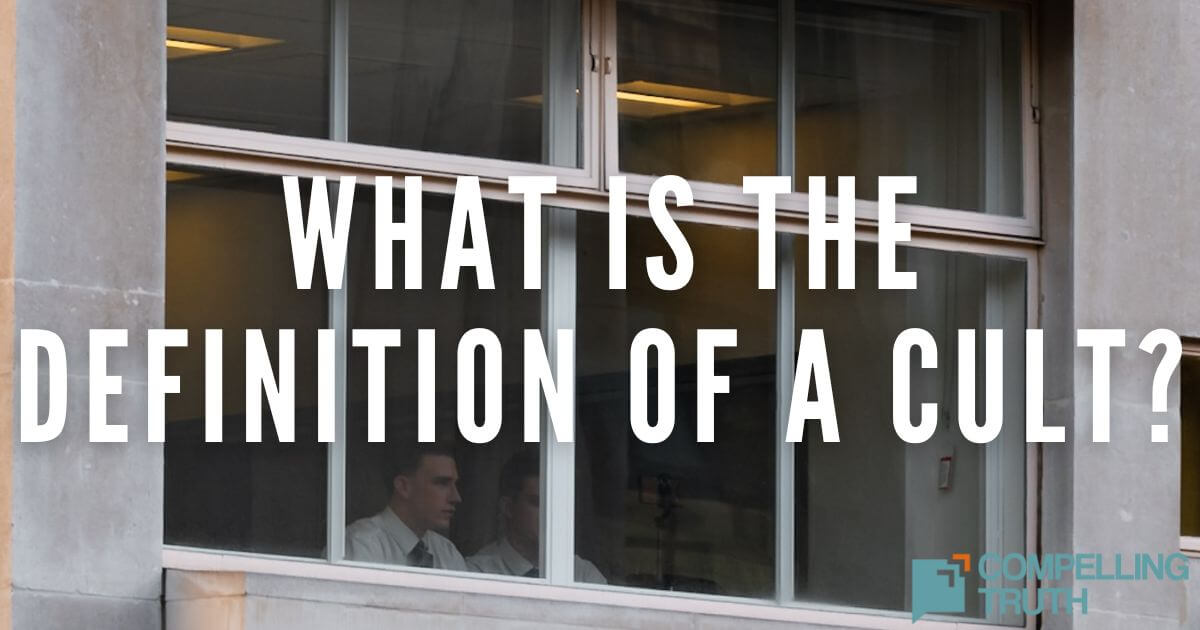what does the bible say?
The Bible offers a clear and complete framework for understanding God, Jesus, salvation, and the afterlife. Mormonism diverges from these biblical truths in critical ways:
The Nature of God: Mormons believe God was once a man, who became a deity, a concept directly opposed by Scripture, which teaches that God is eternal and unchanging (Psalm 90:2; Isaiah 43:10). The Trinity, according to Mormonism, consists of three separate beings, while the Bible reveals one God in three persons—Father, Son, and Holy Spirit (Matthew 28:19; John 10:30).
Jesus’s Identity: Mormonism teaches that Jesus is an exalted human and the literal offspring of God and a woman, not fully divine. However, the Bible presents Jesus as fully God and fully man, eternally existent and one with the Father (John 1:1, 14; Colossians 1:15–20).
Salvation: LDS doctrine combines faith and works for salvation, with the ultimate goal being to achieve godhood. In contrast, the Bible teaches that salvation is by grace through faith in Jesus Christ alone, not by works (Ephesians 2:8–9). Good works are the result of salvation, not the means to it (Titus 3:5–7).
The Afterlife: Mormonism teaches there are four levels of the afterlife, including celestial godhood for the most faithful. The Bible describes only two eternal destinations: heaven for those reconciled to God through faith in Jesus, and hell for those who reject Him (Matthew 25:46; John 14:6; Hebrews 9:27).




